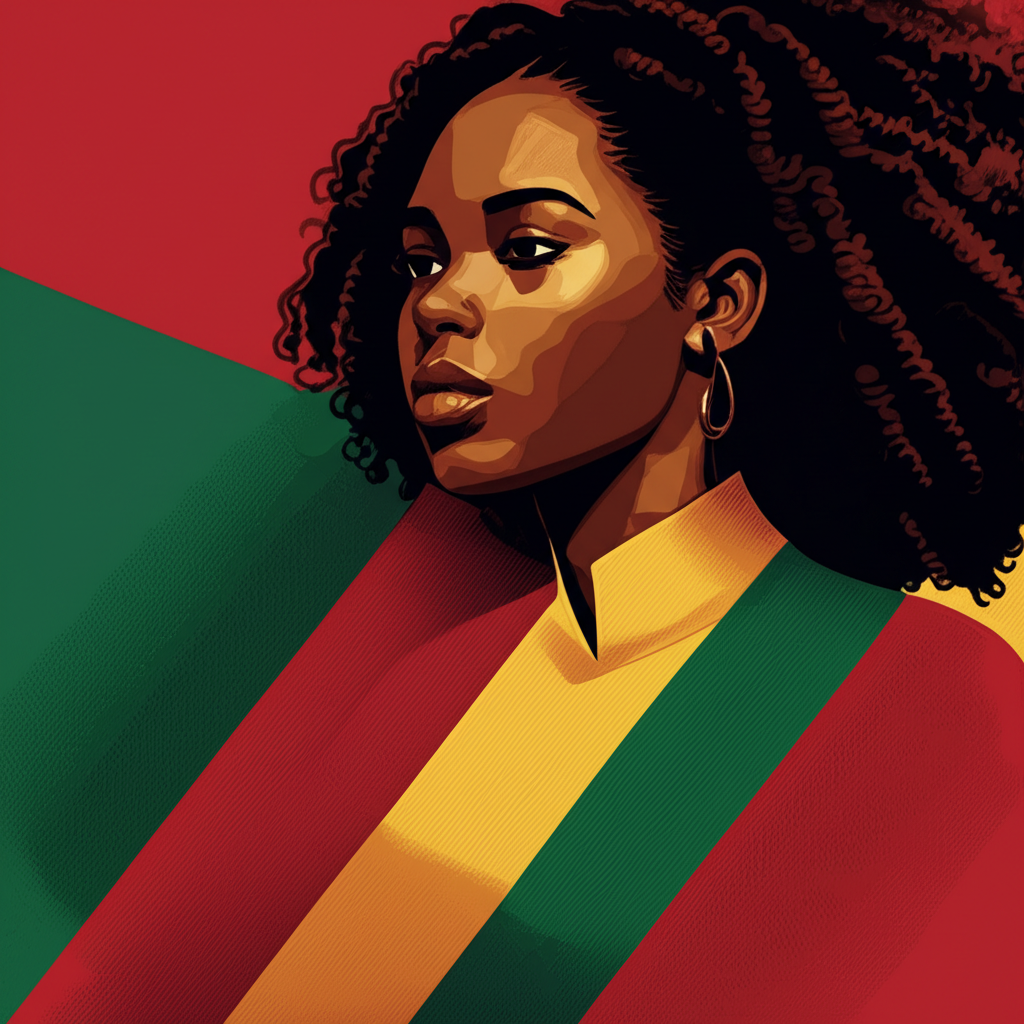Contents
Reclaiming Freedom: The True Story Behind Juneteenth

A Guide to Celebrating Juneteenth: Unpacking the History and Significance of America’s Most Important Holiday
Juneteenth, a holiday that originated in Texas in 1865, has been gaining momentum over the past few decades as Americans from diverse backgrounds come together to celebrate freedom, unity, and African American culture. But what exactly is Juneteenth, and how can you participate in this meaningful celebration?
A Brief History of Juneteenth
Juneteenth commemorates June 19th, 1865, the day when Union General Gordon Granger arrived in Galveston, Texas, to announce the emancipation of all slaves in the state. Two years after President Abraham Lincoln’s Emancipation Proclamation, this event marked a significant turning point in American history, as it was the first time enslaved people in the United States were officially informed of their freedom.
A Celebration of Community and Culture
Juneteenth has evolved into a joyous celebration that reflects African American culture, resilience, and hope. Outdoor events like cookouts, picnics, and festivals have become an integral part of the holiday, allowing people to come together and share stories, music, and food. In recent years, the White House has kicked off Juneteenth festivities with concerts on the South Lawn, featuring notable artists and musicians.
A Day for Rest and Remembrance
However, not everyone celebrates Juneteenth as a festive occasion. Some people choose to observe the holiday as a day of rest and remembrance, taking time to reflect on the long history of oppression and struggle that African Americans have faced. This can involve participating in community service projects, attending educational panels, or simply taking time to appreciate the significance of this important holiday.
Embracing Juneteenth Without Being Black
So, how can you celebrate Juneteenth if you’re not Black? According to Dr. Karida Brown, a sociology professor at Emory University, there’s no reason to feel awkward about wanting to recognize Juneteenth just because you have no personal ties or are not of African American descent. In fact, embracing the holiday can be an opportunity to learn more about African American history and culture, as well as to show solidarity with the Black community.

African Liberation Flag and Traditional Foods
When it comes to Juneteenth decorations and food, there’s a rich tradition of symbolism and meaning. The red, black, and green African Liberation Flag is often displayed at celebrations, representing the bloodshed and sacrifice of enslaved ancestors, as well as the richness of Africa’s natural resources. Traditional foods like barbecue, watermelon, and red velvet cake are also popular choices, reflecting the color red’s significance in Juneteenth history.
Getting Involved: Tips for Celebrating Juneteenth
So, how can you get involved in Juneteenth celebrations? Here are a few tips:
* Research local events and festivals in your area.
* Attend community service projects or educational panels that honor African American culture and history.
* Participate in online discussions and social media conversations about Juneteenth.
* Consider purchasing Juneteenth-themed merchandise from African American vendors.
A Call to Action
As we celebrate Juneteenth, let’s remember the significance of this holiday and its impact on our collective future. By embracing diversity, equity, and inclusion, we can work towards a more just and equitable society for all. So, go ahead and ask yourself: what will you do to honor the spirit of Juneteenth this year?
































![PokeTrack: Download Latest PokeTrack APK for Android [2021] PokeTrack](https://mobupdates.com/wp-content/uploads/2018/10/PokeTrack-APK-for-Android-100x70.png)










 Online casino
Online casino